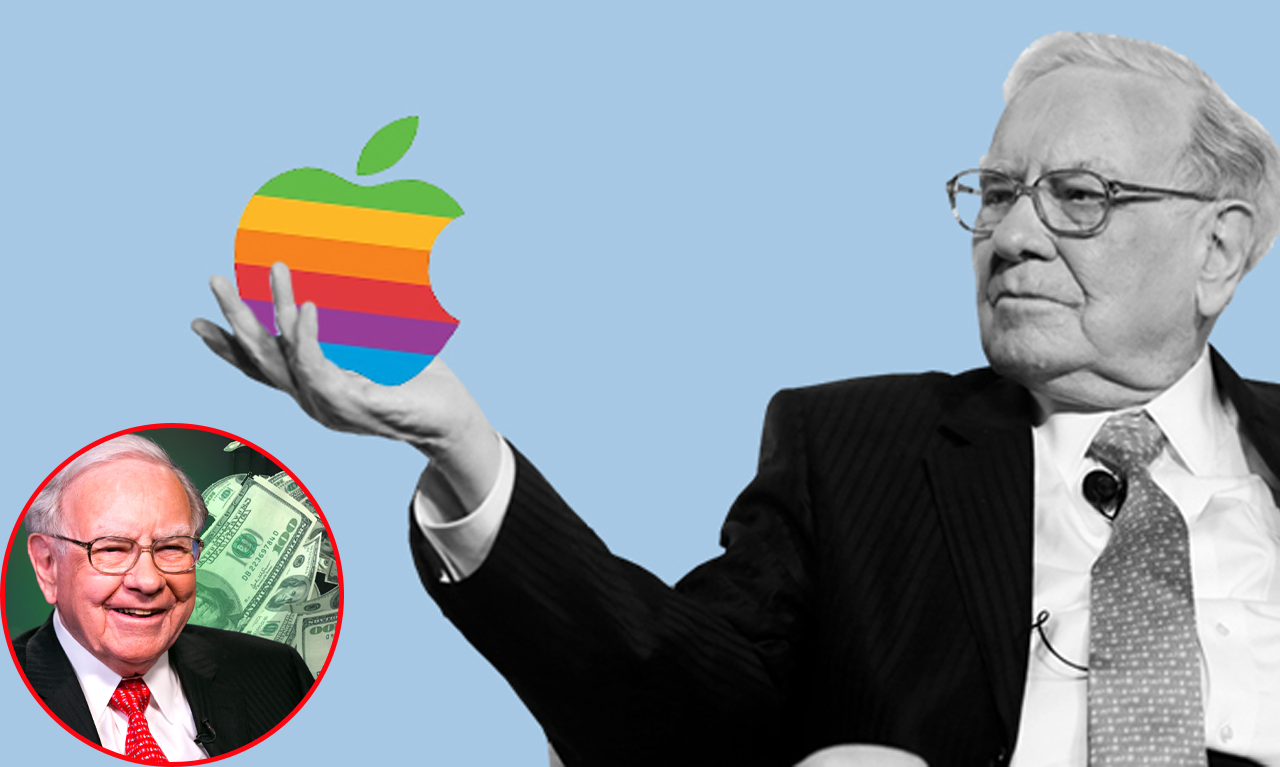Warren Buffett, the legendary investor often referred to as the “Oracle of Omaha,” has once again made waves in the financial world. By 2024, Buffett’s investment firm, Berkshire Hathaway, sold an additional $14.3 billion worth of Apple stock. This latest sale contributes to a broader trend where Buffett has been divesting large amounts of stock, including shares in other giants like Bank of America. Now sitting on a staggering $325.2 billion in cash, the question on everyone’s mind is: Is Buffett preparing for an impending market crash?
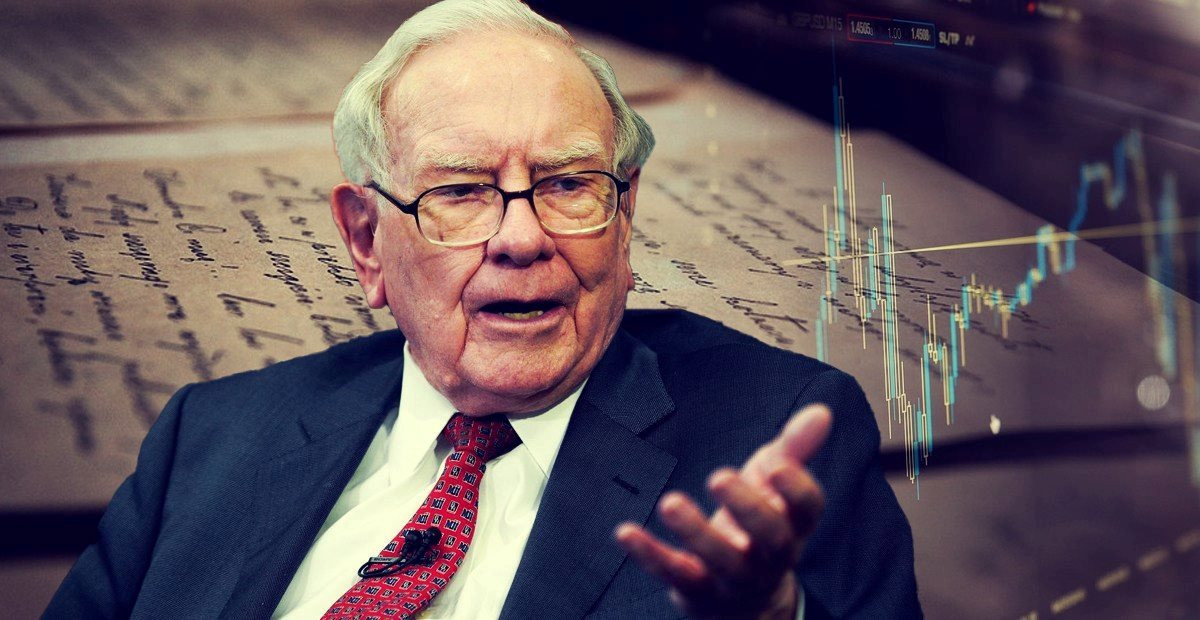
Buffett’s decision to cash out of major holdings is unusual, especially given his typically long-term, buy-and-hold investment philosophy. Apple, in particular, has been a significant part of Berkshire Hathaway’s portfolio for years. Buffett has repeatedly praised the tech company, calling Apple a “remarkable business” and stating that it’s more of a consumer brand than a tech firm. His sale of Apple stock, therefore, raises eyebrows not just due to the sheer volume of the divestment but because of his longstanding commitment to the company.

With $325.2 billion in cash on hand, Berkshire Hathaway is now holding one of the largest cash reserves in its history. This enormous stockpile can be seen as a defensive measure, allowing Buffett the flexibility to make substantial investments when he sees a high-value opportunity. However, in the current economic climate, it may also be a sign of caution. Buffett has previously held high cash reserves in times of uncertainty, waiting for markets to stabilize before diving in.

Market volatility, high interest rates, and economic instability around the world could be influencing Buffett’s recent moves. As a seasoned investor, Buffett is known for his ability to anticipate trends and assess risk factors with remarkable precision. His current approach may indicate a concern about overvaluation in today’s market, which has seen many stocks trading at historically high multiples.
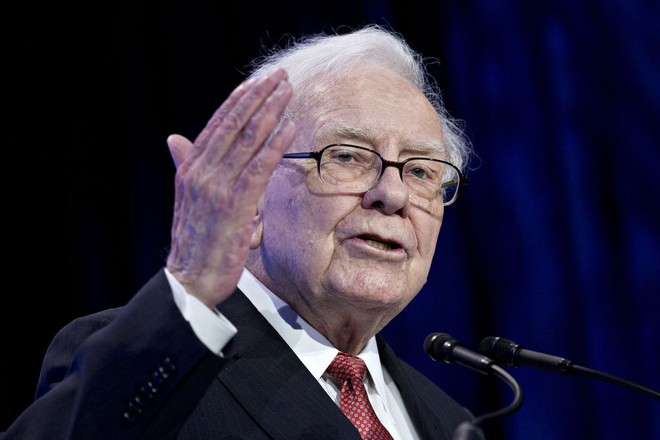
While Apple is the latest high-profile sale, Buffett’s selling spree extends beyond a single company. In recent years, he has gradually reduced Berkshire’s exposure to other large holdings, including Bank of America. Buffett’s decision to trim positions in banking and technology stocks—sectors known for cyclical highs and lows—suggests he is taking a more conservative approach.
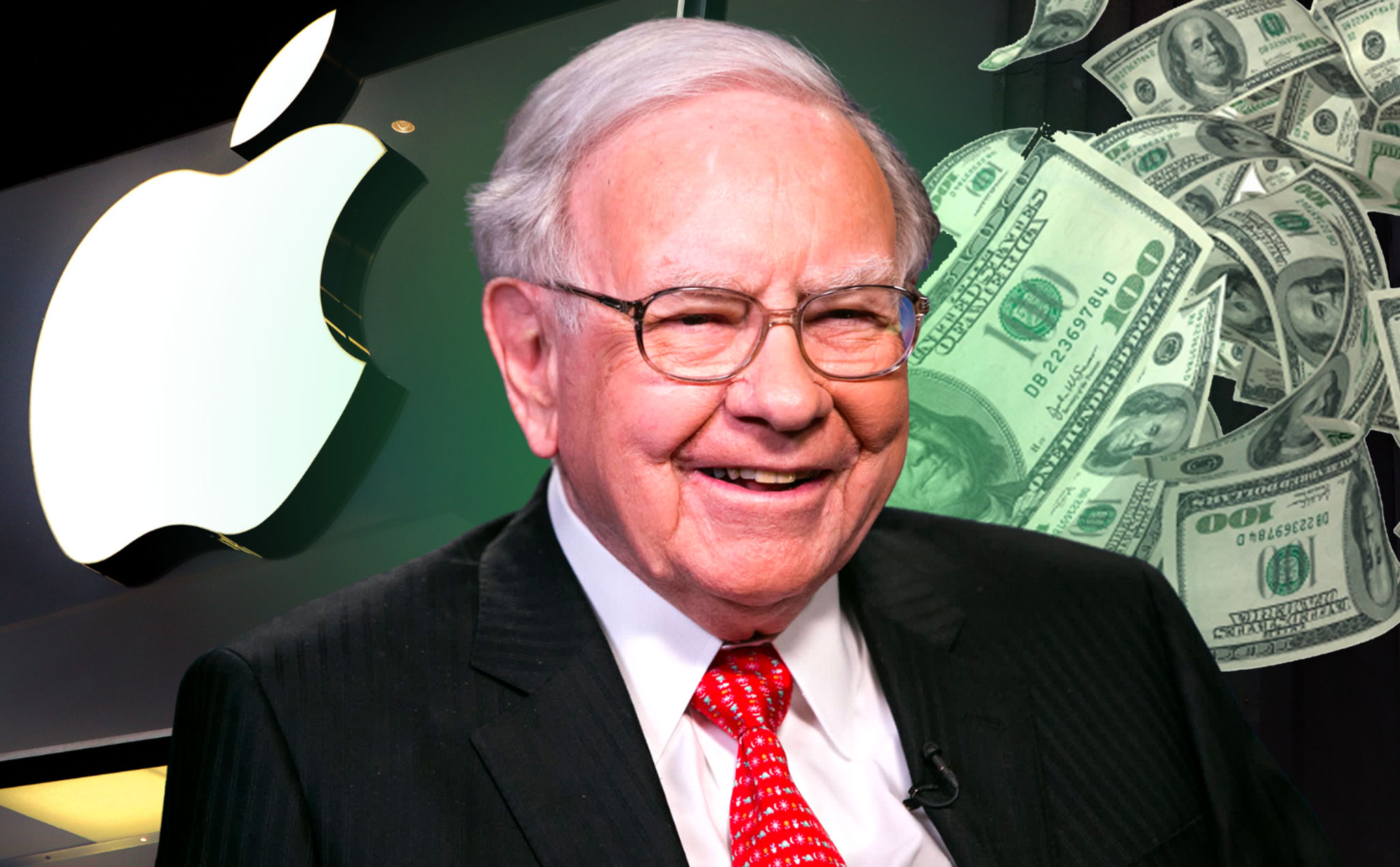
Buffett’s accumulation of cash may indeed be a hedge against an anticipated downturn, but it could also reflect a strategy of patience. Known for his disciplined approach, Buffett has often expressed a preference to wait for “fat pitches” rather than investing in overvalued markets. By holding cash, he has the flexibility to make significant moves if market conditions shift dramatically. In fact, he has historically capitalized on market downturns, buying undervalued assets at a discount.

Whether Buffett is expecting a market crash or simply positioning himself for new opportunities, his recent moves are a reminder of his cautious, value-driven investment philosophy. The question of whether the market will face a major correction remains uncertain. Still, with Buffett’s significant divestments and accumulation of cash, investors worldwide are watching closely, wondering if the Oracle of Omaha sees storm clouds on the horizon.
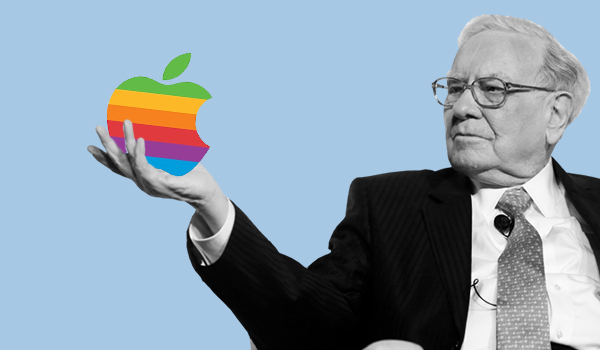
In either case, Buffett’s strategic shifts highlight the importance of flexibility, patience, and caution in uncertain economic times. His actions suggest that even in a bullish market, it’s wise to prepare for a potential downturn—whether that means reallocating assets, holding cash, or watching for undervalued opportunities.
